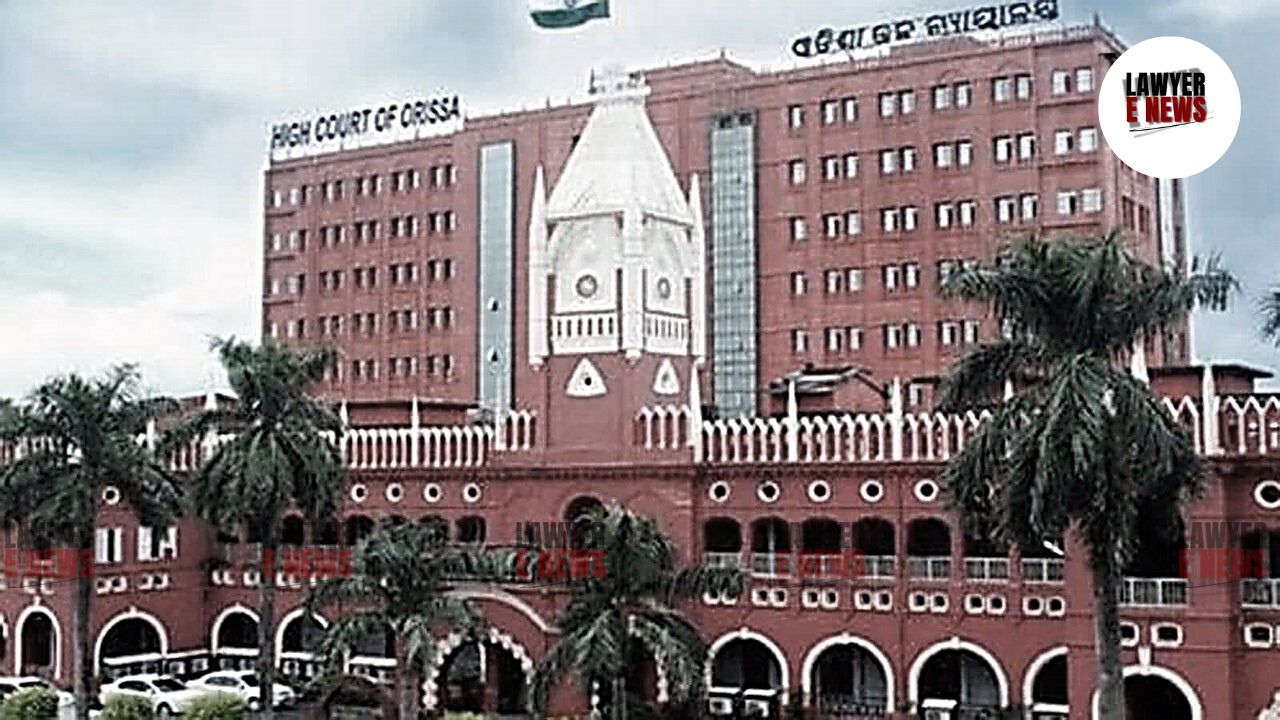-
by Admin
15 February 2026 5:35 AM



The Orissa High Court has quashed the dismissal of a deceased government employee, S.N. Bebarta, due to non-compliance with statutory provisions during the disciplinary proceedings. Justice Biraja Prasanna Satapathy’s ruling mandates the state to provide pensionary benefits to the employee’s widow, Smt. Lalita Bebarta, within three months.
S.N. Bebarta, a Senior Clerk in the office of the Collector at Koraput, was dismissed from service in 1993 for unauthorized absence and disobedience of orders. Bebarta was accused of failing to join his transferred post and remaining absent without leave from 1974. His widow challenged the dismissal after his death, claiming the disciplinary process violated natural justice principles and statutory rules.
The court found significant procedural lapses in the disciplinary proceedings. As per Rule 15(10) of the Orissa Civil Services (Classification, Control & Appeal) Rules, 1962, the disciplinary authority is required to provide the accused with a copy of the inquiry report and a first show-cause notice before issuing a penalty. However, in Bebarta’s case, the second show-cause notice proposing dismissal was issued without this procedural step.
The court underscored that not providing Bebarta with the inquiry report before issuing the show-cause notice was a violation of the principles of natural justice. Justice Satapathy remarked, “The non-compliance of the statutory provision as provided under Rule-15(10) of the Rules vitiates the disciplinary proceedings and renders the dismissal order unsustainable in law.”
The judgment referenced several Supreme Court rulings, including State of Andhra Pradesh vs. S. Sree Rama Rao and Union of India vs. Mohd. Ramzan Khan, to emphasize that procedural fairness and adherence to statutory rules are paramount in disciplinary proceedings.
Justice Satapathy’s judgment focused on the necessity of procedural fairness in disciplinary actions. The ruling elaborated on the importance of issuing the first show-cause notice along with the inquiry report, allowing the accused to make a representation. The failure to do so in Bebarta’s case led to the quashing of both the dismissal order and the subsequent appellate order.
Justice Satapathy stated, “Non-furnishing of the inquiry report along with the first show-cause notice constitutes a gross violation of the principles of natural justice, thereby invalidating the disciplinary proceedings.”
The High Court’s decision to quash the dismissal and order the release of pensionary benefits underscores the judiciary’s commitment to upholding procedural fairness in disciplinary actions. This landmark ruling reinforces the importance of adhering to statutory provisions and natural justice principles, significantly impacting future disciplinary proceedings in public service.
Date of Decision: July 15, 2024
Smt. Lalita Bebarta vs. State of Odisha & Others
